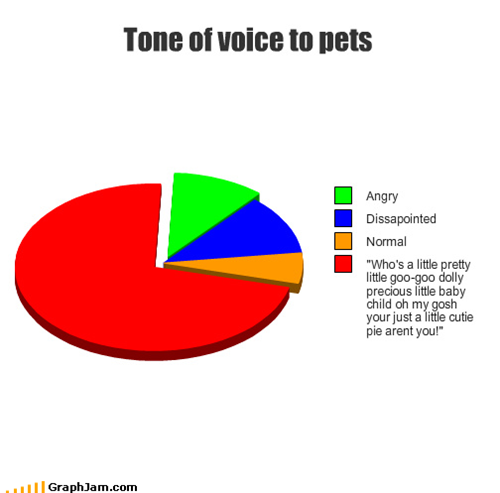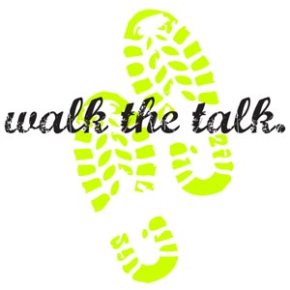Our words have a way of getting the best of us. It is easy to say things we don’t mean and even easier to say things we do mean in the wrong way. American’s thrive on gossip – it is part of why celebrities stay so famous. I’ve said it before and I’ll say it again..and again..and again. Choose your words carefully.
I’m not telling you that you have to be Miss Positive Statements Only. I just want you to hear the things you are thinking about saying BEFORE you say them. Especially when they are about someone else. Would you want someone saying the same thing about you? If you are about to speak about someone who isn’t present – would you say the words you are about to speak if they were standing right in front of you? If the answer to those things are no, then I highly encourage you to use restraint.
It has been said that your thoughts become your words, and your words become your actions. If you are thinking hurtful or rude things it is only a matter of time before you are saying them. If you are saying hurtful and rude things it is only a matter of time before you are doing them. If you are doing hurtful and rude things – then you aren’t living up to the person your mom knows you are able to be.
Listen to your own words in your head – see how they sound to your ears – revise if necessary – then speak.
Here you are having a chat with dad at the Pumpkin Patch this fall.



